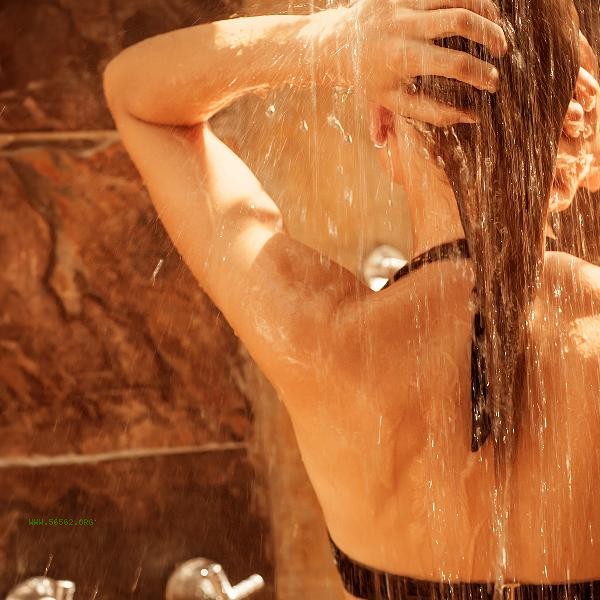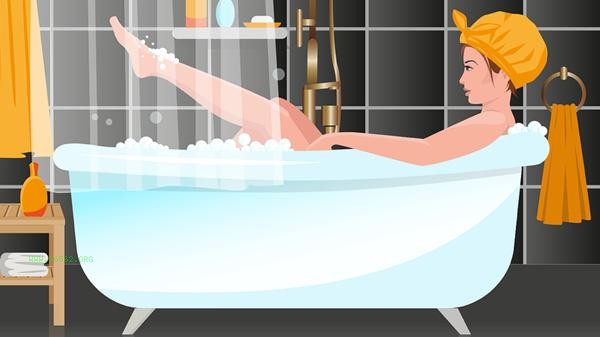The impact of hot water bathing on the body varies depending on individual differences and specific circumstances. Moderate temperature hot water bathing can help relax muscles and promote blood circulation, but excessive water temperature or prolonged time may damage the skin barrier or cause discomfort.

Taking a hot shower at a moderate temperature can help dilate blood vessels, accelerate metabolism, and is especially suitable for relaxing after exercise or driving away cold in cold seasons. Controlling the water temperature between 38-42 degrees Celsius can alleviate joint stiffness, improve sleep quality, and have a certain improvement effect on chronic fatigue. But patients with cardiovascular disease need to be cautious, as high temperatures may increase the burden on the heart. It is recommended to take a shower for no more than 15 minutes to avoid excessive cleansing that can cause dry skin. Water temperature exceeding 45 degrees Celsius may damage the stratum corneum of the skin, causing itching or eczema, especially for people with dry skin. Long term high temperature soaking can cause rapid evaporation of surface moisture, increasing the risk of skin dryness and cracking in middle-aged and elderly people. Patients with diabetes are prone to burn and wound healing is difficult due to decreased peripheral nerve sensitivity. Pregnant women should also avoid prolonged high-temperature bathing, which may affect fetal development. Using gentle shower gel and applying moisturizing products in a timely manner can reduce skin irritation.

It is recommended to adjust the water temperature according to the season and physical condition. In summer, it can be slightly lower than body temperature, and in winter, it should not exceed 42 degrees Celsius. After taking a shower, replenish water promptly, choose soap free cleaning products, and apply moisturizer containing ceramides. People with chronic diseases or skin problems should consult a doctor to develop personalized plans and avoid bathing immediately after fasting or overeating.









Comments (0)
Leave a Comment
No comments yet
Be the first to share your thoughts!